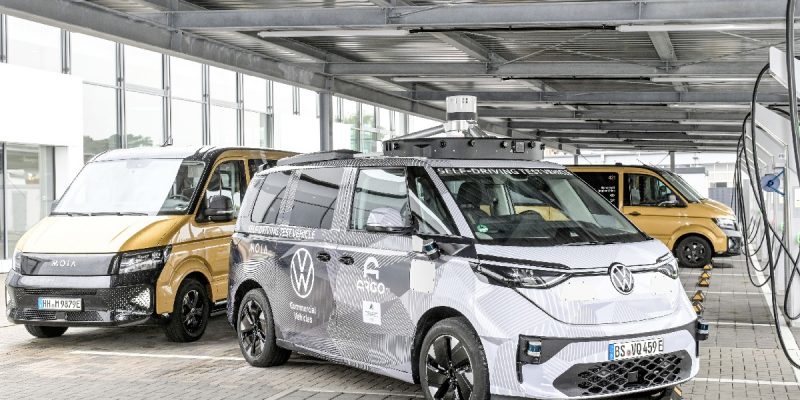Old-fashioned trust still biggest challenge to connected autonomous vehicles
Thales says, globally, there will be 75 million vehicles with autonomous capabilities by 2035.
However, to reassure the users of the vehicles, as well as to increase uptake of connected and autonomous vehicles, along with efficient connectivity has to come stringent cybersecurity. Trust is key to their development, including in how the data from the vehicles is processes, analyzed and used. The company also claims that a revolution is underway in the automotive market. It believes it’s an unprecedented one that involves technological, societal, and competitive change to the extent that the traditional car is becoming a truly connected object. With this connectivity the car or any other connected vehicle type is “gradually offering new functionalities such as the possibility to alert the driver to danger, detect drowsiness or connect a smartphone to the onboard computer.”
This connectivity and interconnectivity involve “the real-time exchange of data between the vehicle, the user and their environment opens up a whole new world of services”. The interconnectivity comes in the guise of the vehicle-to-everything (V2X) infrastructure, whereby the vehicles and infrastructure such as traffic lights communicate with each other as part of a system of advanced assisted-driving solutions, shared mobility, autonomous driving, and the fast-growing electric vehicle (EV) ecosystem.
For now, the focus isn’t so much on autonomous vehicles, despite the increasing connectivity of vehicles. Thales says autonomous capabilities of vehicles are at level 1 or 2, maximum. A spokesperson from Thales adds: “As this connectivity already exists, major challenges must be overcome before we see full autonomous vehicles on our roads. These include securely integrating advanced diagnostic platforms, open Internet protocols, entertainment systems, Electronic Control Units for vital functions, remote warning systems, connected surveillance systems and ensuring that strongly protected keys authenticate each and every onboard system.”
Cybersecurity: inevitable and vital
Thales views cybersecurity and data protection as being both inevitable and vital. The benefits of connected and autonomous vehicles nevertheless include the development and introduction of new services, which can include telematics, and the installation and updating of firmware-over-the-air (FOTA), or infotainment and e-Call services. The firm finds that “the customer acceptance towards in-car connectivity is very high as it’s allowing more convenience and facilitating user-experience”.
Speaking about trust, Evgeniya Ponomareva, senior business development manager, KasperskyOS team warns: “From the moment when the vehicles become connected, we face cybersecurity issues. IT systems and technologies can influence both the safety and the cybersecurity of the vehicles. We have to be very careful when we develop new systems and implement new features because we have to keep in mind that the exploitation of these technologies by cybercriminals could cause harm to drivers and passengers.”
She adds that if a hacker were to penetrate a vehicle’s IT systems, a car engine could be turned off or absolute control could take of the car remotely.
To read the complete article, visit TU-Automotive.

















